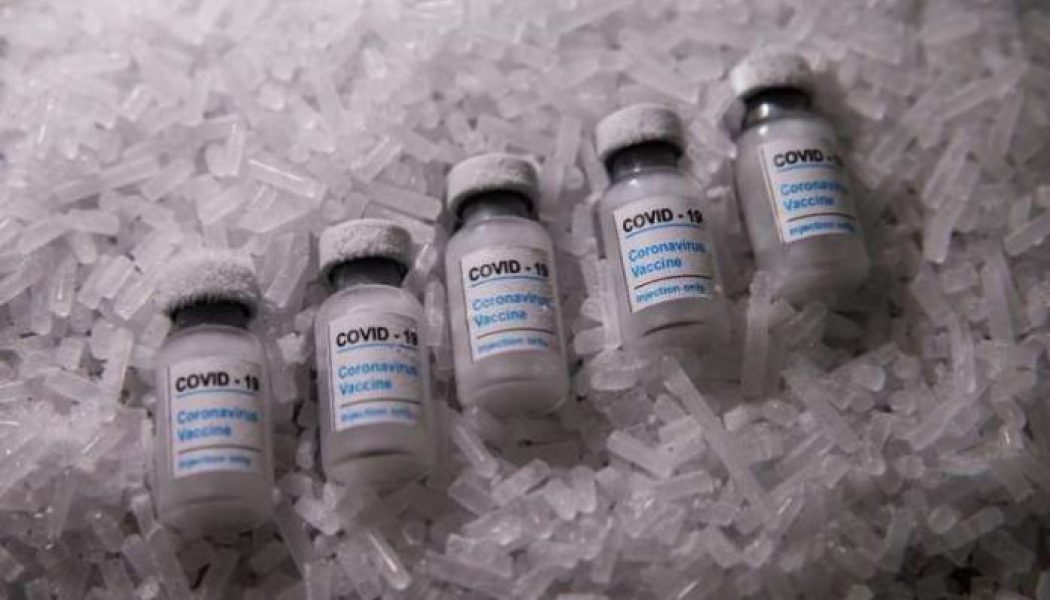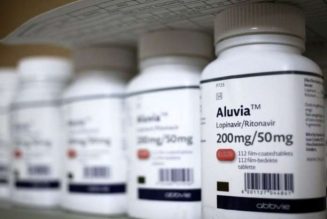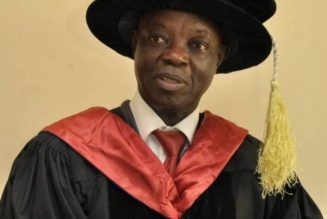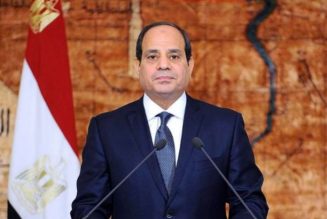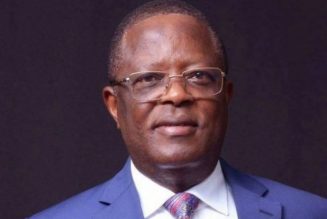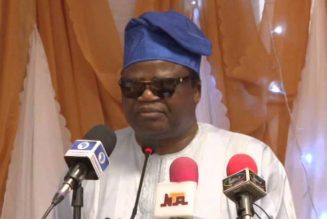
The Federal Government has listed conditions for states to meet before the Pfizer/BioNTech vaccine being expected wt the end of January would be released to them.
The National Primary Health Care Development Agency (NPHCDA), during a webinar tagged “Sensitisation Meeting with Media Gatekeepers on COVID-19 Vaccine Introduction”, at the weekend, said no vaccine will be release to states until facilities such as cold chains are in place.
According to Director, Logistics and Health Commodities, NHPCDA, Kubura Daradara, the vaccine must be administered within five days of receipt for it to remain potent, and only the states that show commitment would receive the doses when available.
She added that the 100,000 doses would be administered to 50,000 people, because each person has to take a second dose 21 days after taking the first.
The NPHCDA also released the details of how the first batch of COVID-19 vaccine doses will be distributed across states.
According to the programme manager, national emergency routine immunisation coordination centre, NPHCDA, Bassey Okposen, the country will receive 100,000 doses of the Pfizer/BioNTech vaccine at the end of January.
Okposen, who stood in for, executive director of the NPHCDA, Faisal Shuaib, during his presentation at the webinar, said the vaccines would be administered around the last week of January or early February.
He explained further that, states with higher percentage of confirmed cases would be given additional doses.
He also noted that frontline health workers would be prioritised, while other batches would be administered to the elderly and vulnerable persons with co-morbidities based on the World Health Organisation (WHO) guidelines.
“We have other sources of vaccine that are non-mRNA like the COVAX vaccine. The country and other stakeholders are working towards how they can get additional vaccines from the other countries like Russia and USA,” Okposen said.
“We want to assure all Nigerians that the vaccine is safe and effective. The vaccine will be introduced in four phases and this is due to the availability and quantity of the vaccine that will come in at any given time.
“When the vaccine arrives, in the plan, there’s going to be the prioritisation of persons to be given the vaccination so as to optimise the available resources and vaccines that will be received and this will be based on global best practices.
“In the first priority, when the limited doses first come in towards the end of this month and early February, will be the frontline health workers like immigration, airport, police and military on essential duties, those working in the labs and other medical practitioners.
“Those states with higher number of cases will be given additional doses. We’ve mapped out the health workers in each state and locations where these vaccines will be deployed as soon as we receive them. All the states in the country have cases and we need to get the vaccine to them all if we want to achieve herd immunity.”
In a data shared by NPHCDA, Kano, Lagos, Katsina, Kaduna, Bauchi and Oyo will receive higher doses for health workers.
The breakdown is as follows: Kano, 3,557; Lagos, 3,131; Katsina, 2,361; Kaduna, 2,074; Bauchi, 1,900; Oyo, 1,848; Rivers, 1,766; Jigawa, 1,712; Niger, 1,558; Ogun, 1,473; Sokoto, 1,468; Benue, 1,423; Borno, 1,416; Anambra, 1,379; Kebbi, 1,361; Zamfara, 1,336; Rivers, 1,306; Imo, 1,267; Ondo, 1,228; Akwa Ibom, 1,161.
Others are: Adamawa, 1,129; Edo, 1,104; Plateau, 1,089; Enugu, 1,088; Osun, 1,032; Kogi, 1,030; Cross River, 1,023; Abia, 955; Gombe, 908; Yobe, 842; Ekiti, 830; Taraba, 830; Kwara, 815; Ebonyi, 747; Bayelsa, 589; FCT, 695; Nasarawa, 661.
Okposen added that the federal government intends to administer the vaccine to at least 40 per cent of Nigerians in 2021, and another 30 percent in 2022.
